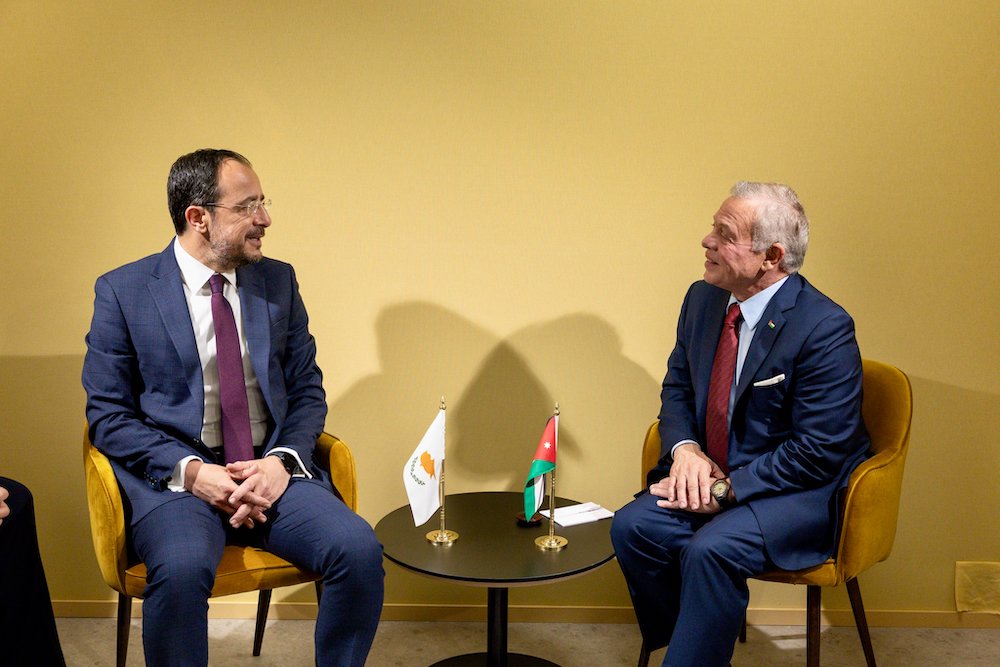WASHINGTON: The 13-year civil war in Syria has roared back into prominence with a surprise rebel offensive on Aleppo, one of Syria’s largest cities and an ancient business hub. The push is among the rebels’ strongest in years in a war whose destabilizing effects have rippled far beyond the country’s borders.
It was the first opposition attack on Aleppo since 2016, when a brutal air campaign by Russian warplanes helped Syrian President Bashar Assad retake the northwestern city. Intervention by Russia, Iran and Lebanon's Hezbollah militia and other groups has allowed Assad to remain in power, within the 70 percent of Syria under his control.
The surge in fighting has raised the prospect of another violent front reopening in the Middle East, at a time when US-backed Israel is fighting Hamas in Gaza and Hezbollah in Lebanon.
Robert Ford, the last-serving US ambassador to Syria, pointed to months of Israeli strikes on Syrian and Hezbollah targets in the area, and to Israel’s ceasefire with Hezbollah in Lebanon this week, as factors providing Syria’s rebels with the opportunity to advance.
Here’s a look at some of the key aspects of the new fighting:
Why does the fighting at Aleppo matter?
Assad has been at war with opposition forces seeking his overthrow for 13 years, a conflict that’s killed an estimated half-million people. Some 6.8 million Syrians have fled the country, a refugee flow that helped change the political map in Europe by fueling anti-immigrant far-right movements.
The roughly 30 percent of the country not under Assad is controlled by a range of opposition forces and foreign troops. The US has about 900 troops in northeast Syria, far from Aleppo, to guard against a resurgence by the Daesh group. Both the US and Israel conduct occasional strikes in
Syria against government forces and Iran-allied militias. Turkiye has forces in Syria as well, and has influence with the broad alliance of opposition forces storming Aleppo.
Coming after years with few sizeable changes in territory between Syria’s warring parties, the fighting “has the potential to be really quite, quite consequential and potentially game-changing,” if Syrian government forces prove unable to hold their ground, said Charles Lister, a longtime Syria analyst with the US-based Middle East Institute. Risks include if Daesh fighters see it as an opening, Lister said.
Ford said the fighting in Aleppo would become more broadly destabilizing if it drew Russia and Turkiye — each with its own interests to protect in Syria — into direct heavy fighting against each other.
The US and UN have long designated the opposition force leading the attack at Aleppo — Hayat Tahrir Al-Sham, known by its initials HTS — as a terrorist organization.
Its leader, Abu Mohammed Al-Golani, emerged as the leader of Al-Qaeda’s Syria branch in 2011, in the first months of Syria’s war. His fight was an unwelcome intervention to many in Syria’s opposition, who hoped to keep the fight against Assad’s brutal rule untainted by violent extremism.
Golani early on claimed responsibility for deadly bombings, pledged to attack Western forces and sent religious police to enforce modest dress by women.
Golani has sought to remake himself in recent years. He renounced his Al-Qaeda ties in 2016. He’s disbanded his religious police force, cracked down on extremist groups in his territory, and portrayed himself as a protector of other religions. That includes last year allowing the first Christian Mass in the city of Idlib in years.
What’s the history of Aleppo in the war?
At the crossroads of trade routes and empires for thousands of years, Aleppo is one of the centers of commerce and culture in the Middle East.
Aleppo was home to 2.3 million people before the war. Rebels seized the east side of the city in 2012, and it became the proudest symbol of the advance of armed opposition factions.
In 2016, government forces backed by Russian airstrikes laid siege to the city. Russian shells, missiles and crude barrel bombs — fuel canisters or other containers loaded with explosives and metal — methodically leveled neighborhoods. Starving and under siege, rebels surrendered Aleppo that year.
The Russian military’s entry was the turning point in the war, allowing Assad to stay on in the territory he held.
This year, Israeli airstrikes in Aleppo have hit Hezbollah weapons depots and Syrian forces, among other targets, according to an independent monitoring group. Israel rarely acknowledges strikes at Aleppo and other government-held areas of Syria.



























